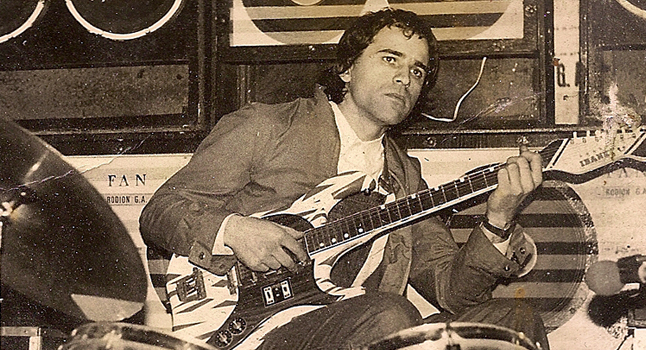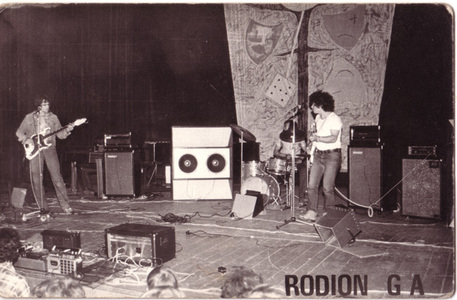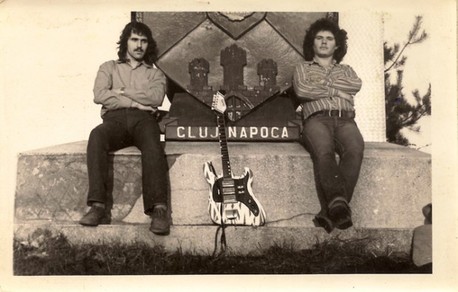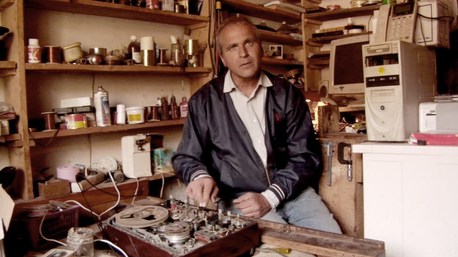To make a documentary film all by yourself, even in the style of „cinéma vérité” is not an easy thing, you need something to hold on to. This form of cinema, first and foremost, has to be experienced.
I tried several times to get a funding from private companies, but without any result. After shooting for two months, I got extraordinarily lucky when Dan Călean and Hans Van Peer saw fragments of the raw material. Hans offered to support the project with 400 Euro. For me, this was an amazing moral support and the only funding I received until the completion of the film.
The village resembles a jar, it’s a micro-cosmos with a lid. To open it I had to quickly figure out what kind of people I will be dealing with, aside from Rodion.
To film with a professional camera for months, in a Romanian village, isn’t really a common thing for the locals. There were situations where I reached the brink of scandal: the locals didn’t understand what I was doing there. Maybe I was baffling their businesses, maybe they feared I will film something that shouldn’t be known. The Romanian village has its secrets.
--
credits: Imagini din vis - a documentary on Rodion GA, made by Romanian director Sorin Luca.



